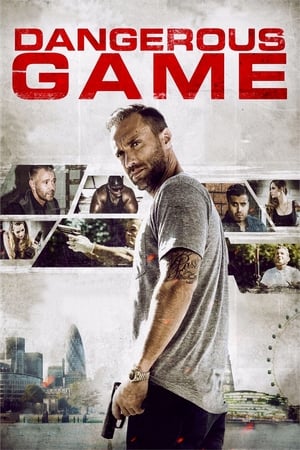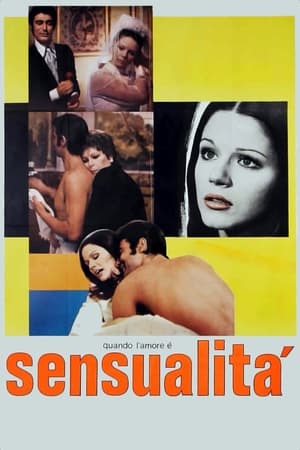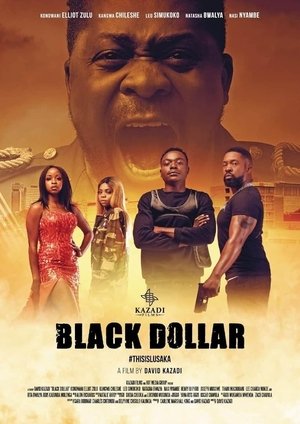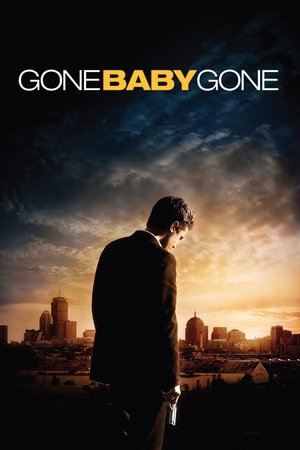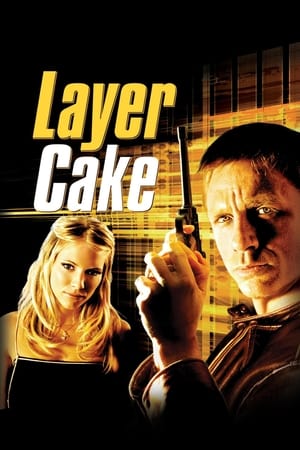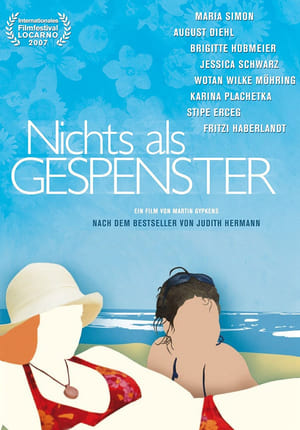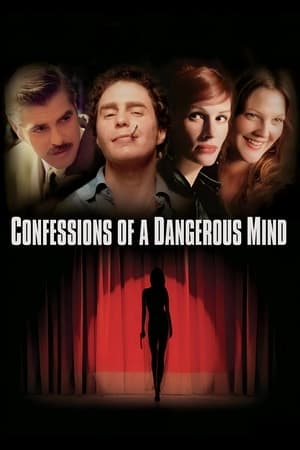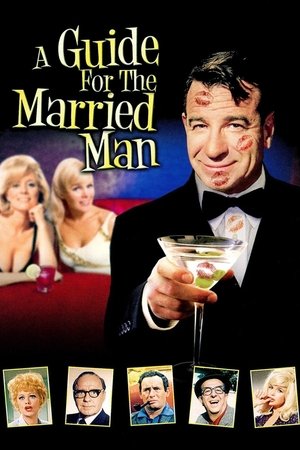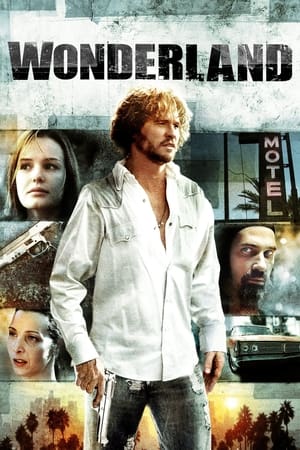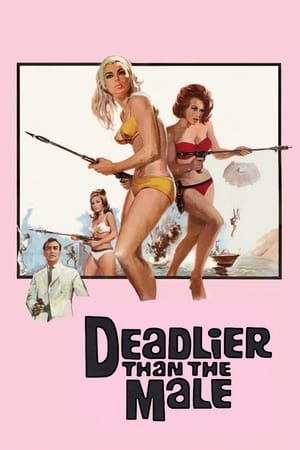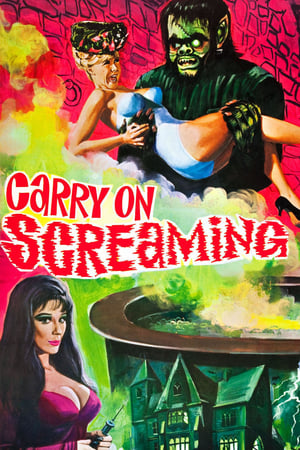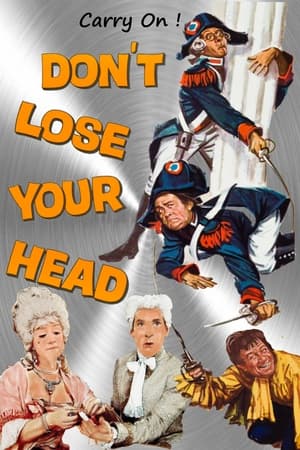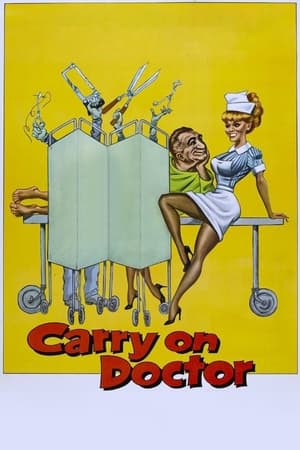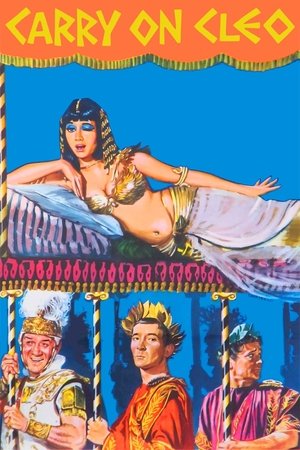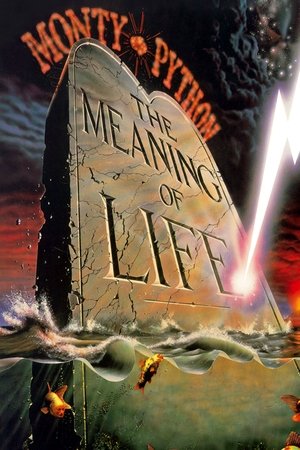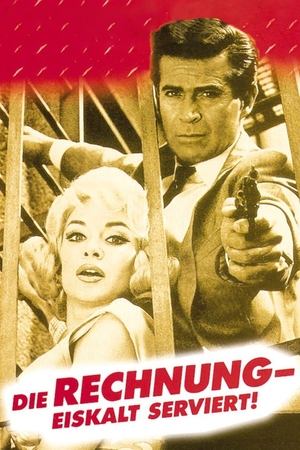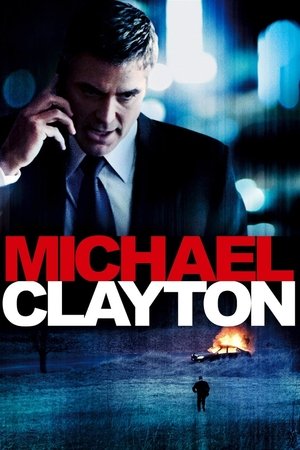Overview
While a diamond advocate attempts to steal a collection of diamonds, troubles arise when he realises he’s not the only one after the collection.
Reviews
A Fish Called Wanda swimmingly sails through a screenplay fishing for eccentricity. You may or may not already know, that comedies are not my genre of choice. The heartless individual that I am fails to grasp humour in its entirety, finding the most unusual of gags hilarious yet the most mainstream of jokes unwaveringly pointless. “Classic” British comedy, despite being a patriotic Brit myself, is just one of those strands I’ve never tangled with. ‘Monty Python’ and 80s sitcoms reassure my darkened thoughts where most others would laugh out loud, for I am dead inside.
Naturally, approaching this classic that many deem utterly hilarious, had me both anxious and intimidated. All the signs were there indicating that I would not appreciate this. Two ‘Monty Python’ actors, in Cleese and Palin, teaming up yet again. A femme fatale central character that utilises her sex appeal to acquire anything and everything. British versus American colloquialisms. Yet, despite all these elements being fruitfully incorporated into the feature, I flippin’ loved A Fish Called Wanda! A gangster, animal lover and two American con artists plan a jewel heist, to which the eponymous Wanda attempts to double-cross them.
Comedy, in my opinion, is most contagious when written well. The visual aspect is a product of the screenplay and performances. So when I acknowledged that Cleese himself wrote this hilarious screenplay, especially after the groundbreaking success of ‘Fawlty Towers’, I breathed a sigh of relief. The man is comedy gold, and I’ll tell you why. A Fish Called Wanda isn’t a string of random set pieces to which the characters must adapt to in order to achieve a comedic response, a formula commonly used in modern “hilarity”. Rather it’s actually the same scene repeated, but with comic illogicality emphasised with each repetition. Wanda insists on seducing George’s barrister to obtain information. Simple? Yes. Durable? No.
Ingeniously, Cleese continues the affair throughout the entire feature, and solely focussing on the dynamics between Wanda and Archie. When does the hilarity ensue, you ask? Well, it’s the unwanted surrounding characters that heighten the situation into the comedy stratosphere. Archie unexpectedly greets his wife when Wanda is hiding behind a cupboard door, after some “necrophiliac” foreplay. Her locket is dropped (vital plot point!), wife sees it and instead of exploding in anger at the possibility of Archie’s betrayal, she believes it’s a gift and decides to wear it. This is without mentioning Wanda’s “brother” who walks into the room and pretends to be an agent investigating KGB operatives in the local area. Oh, and Archie’s daughter is waltzing in and out of the scene to make matters worse. My description doesn’t do it justice, but each time Wanda and Archie are together, the scenario constantly escalates. It really is edge of your seat comedy, and I can confidently state I was flailing my arms about like a fish out of water whilst laughing the house down.
Situational comedies like this, when written incredibly meticulously, are able to re-ignite my soul. However, these sequences of awkward hilarity would not be possible without the detailed characterisation that seeps through the screenplay. Each character implements a unique trait and differing style of comedy into the fray. Archie and his general buffoonery. Wanda and her insistence on sex appeal. Otto with his disapproval of the word “stupid”. Ken with his on/off stutter. These are just the crust on the fish pie, for there are a ludicrous amount of personable qualities that bring these characters to life. And that is what makes the comedy feel so effortless.
Crichton, in what was his last directorial feature, solely placed Cleese’s writing at the forefront. No ostentatious camerawork or intelligent editing. With that, it can feel somewhat rough around the edges. The constant switching between Wanda’s shenanigans and Ken’s progressive task of murdering a witness (by killing her beloved dogs instead of, y’know, her!), were abrupt and occasionally disjointed. Fortunately the rounded performances secured a narrative momentum throughout, never once depleting. Cleese, Curtis and Palin were exceptionally decent, yet it was Kline’s excessive screaming and shouting that generated comedy excellence. Yes, the homophobic slurs are now outdated and unfortunately taints a portion of his character, especially since he continually maintains this remark throughout. But I appreciate that’s a personal issue more than anything.
The characterised comedy is what matters. These minuscule fishes in the medium-sized pond that is Britain, swimming around causing hilarity wherever they rest their fins. Bolstered by fantastic performances, an engaging story and exceptional writing, Wanda certainly is a fish I shall be remembering. Modern comedy just cannot replicate this exemplary feature.
**A light comedy that works reasonably well, but ends up being forgettable.**
I saw this film when I was younger, fifteen or twenty years ago, and I really liked it. However, time passes, we change, and when I saw him last night I couldn't feel the same fun I had felt. It all starts with a robbery and the theft of a large amount of diamonds. The thieves are a team that doesn't know each other well, but where there is no honor: after betraying each other and one ending up in prison, the diamonds disappear. While trying to find out what happened to them, the group will have the difficult task of trying to elude the authorities and also kill the only witness who can incriminate them.
The film has a strong cast, full of notable names: Jamie Lee Curtis, John Cleese, Kevin Kline, Michael Palin and Tom Georgeson. Although the leading role belongs to Cleese and Curtis, neither of them is in very good shape and this gave way to secondary actors. Let's be honest: Cleese still makes a worthy effort, but it's Kevin Kline who exceeds all expectations. He's funny, sharp and works wonderfully alongside Curtis without her having the breath to keep up with him.
Despite the cast's honorable efforts, the film is largely uninteresting. In the most technical aspects, it is absolutely banal in all aspects, and I would even say that it seemed to me like a cheap film that goes for very economical, but functional, solutions. The humor is there, it still works minimally and the twists in the script, coupled with the speed at which everything happens, keep the story moving forward without allowing the audience to think about it. But it's not a kind of humor capable of making us laugh. This film was nominated for three Oscars in 1989 and deservedly won in the Best Supporting Actor thanks to Kline's "tour de force". But the truth is that, today, almost no one remembers him. It left no memory, even in the comedy context of that time.

 109 min
109 min
 7.208
7.208
 1988
1988
 United Kingdom
United Kingdom
 The Movie Diorama wrote:
The Movie Diorama wrote: